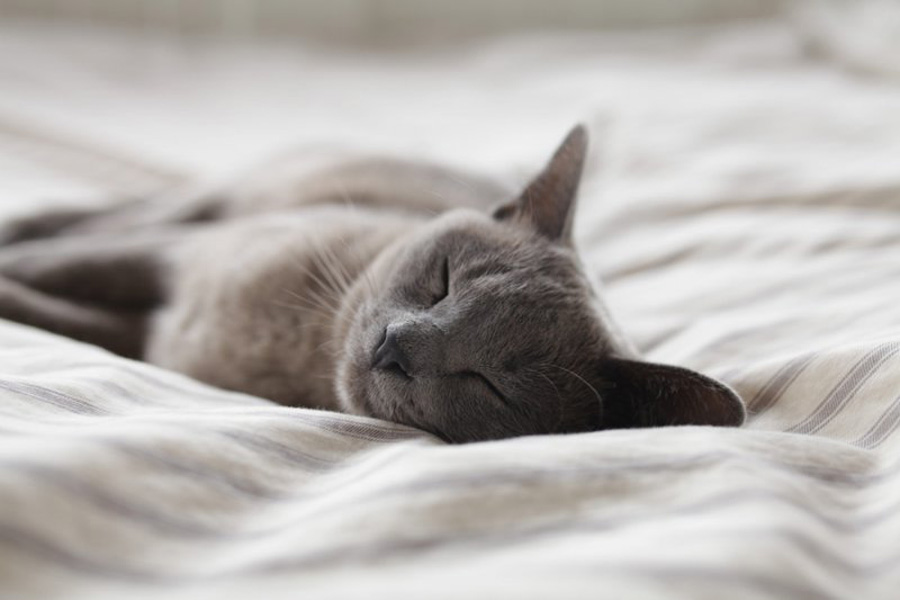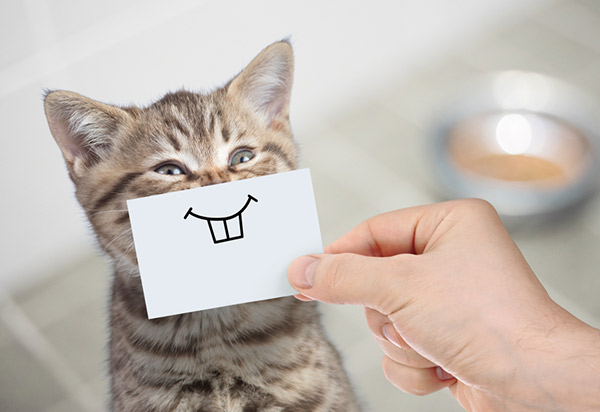Compared to dogs, cars are low-maintenance pets. You can leave them home alone while you’re out at work, and they’ll be able to entertain themselves throughout your 9-5. However, this does not mean you have nothing to worry about.
When it comes to health, cats may experience more issues throughout their lifetime than dogs. While not all are life-threatening, especially between ages one and seven, these issues can still cause stress and costly expenses. For cats without a pet insurance policy, it is even more stressful. Moral of the story: Take care of your cats and spend enough time with them every day to make sure they aren’t showing signs of any health issues.

In this article, we share five common health issues in cats that you should be aware of.
Feline Lower Urinary Tract Diseases
It has frequently been mentioned in recent years that obesity causes many unwanted problems for cats. Feline lower urinary tract disease (FLUTD) is one of them. This common condition happens among overweight cats and is usually caused by infection, inflammation, bladder stones, or tumors. It is not a single disease but rather a series of disorders related to the urinary bladder and urethra of cats. According to some vets, if serious cases are left untreated, cats may only live up to 4 years after contracting FLUTD.
Symptoms:
- Blood in urine
- Having a hard time urinating
- Urinating in random places
- Urinary blockage
- Licking the urinary opening, which usually indicates pain in the area
Treatment:
- Correcting obesity
- Exercise
- Eating wet food
- Training to use litter boxes
- Other treatments recommended by your vet, like anti-bacterial medication, stone or tumor removal, etc.
Fleas
Fleas are common pests attracted to dogs and cats. Fortunately for our pets, they are easy to treat.
Symptoms:
- Fleas appearing on the skin (look out for tiny black dots)
- Constantly scratching and licking
- Hair loss
- Rashes or irritated skin
- Skin infection
Treatment:
- Your vet will recommend a flea control treatment suitable for your pet. It may be oral, powder, foam, or topical.
Vomiting
Vomiting is a common sign of an underlying issue. It can be as minor as ingested hairballs, or more major problems food poisoning, infection, urinary tract disease, or diabetes. It is best to bring your cat to the vet for a proper diagnosis if they experience ongoing vomiting.
Diarrhea
Similar to vomiting, diarrhea can be a symptom of a bigger problem. Apart from the possibilities mentioned above, more serious conditions are liver disease and cancer.
Symptoms:
- Stool that is liquid, watery, or loose
- More serious problems can cause bloody stool, fever, loss of appetite and energy
Treatment:
- Keep your cat hydrated with lots of water.
- Do not feed your cat for 12-24 hours afterward.
- If faced with more serious symptoms, bring your cat to the vet immediately.
Tapeworms
Tapeworms are parasites found in a cat’s small intestine. They can cause infection and digestion problems, although they’re not life-threatening.
Symptoms:
- Small white worms found in your cat’s feces and anus
- Vomiting
- Weight loss
Treatment:
- A tapeworm infection is usually treated with an injection or oral medication.
If you encounter any of these problems, be on the safe side and take your cat to the vet immediately.

Pet Insurance for Cats
When faced with these common problems, it helps to have a pet insurance policy. A plan will shoulder the expenses for the veterinary services needed to treat your cat.
Most plans cover the following conditions:
- Accidents
- Congenital Conditions
- Chronic Conditions
- Diagnostic Treatment
- Emergency Care
- Hereditary Conditions
- Hospitalization
- Illnesses
- Prescription Medications
- Specialty Care
- Surgery
- X-Rays, Blood Tests, Ultrasounds
Considering how much money and stress you could save, it might make sense to invest in a pet insurance policy to cover any issues that your cat may experience.
